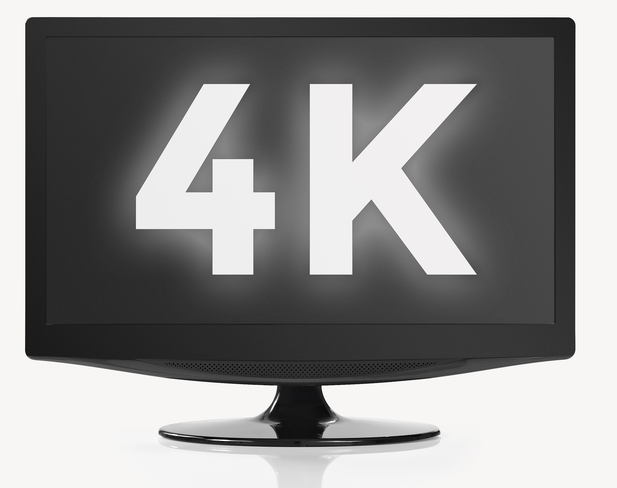
How to make 4K videos run smoothly in Google Chrome
Even though my Internet connection is fast and my computer is up to the task, whenever I play 4K videos in Google Chrome -- usually on YouTube -- playback stutters heavily, forcing me to opt for a lesser quality for a seamless experience. Switching to another browser, like Safari, will solve the problem, but this is hardly a fix that I can live with.
Fortunately, Google is working on a solution, introducing an experimental option in Chrome that will make 4K videos finally run as they should -- smoothly, that is. Here is what you need to know.

Leading academics call for greater transparency about Google's Right To Be Forgotten
Just yesterday Google revealed that it rejects most Right To Be Forgotten requests it receives. In publishing yet another transparency report, the search giant will have hoped to have put to bed any questions that users and critics may have had. While the report may have satisfied some, it did not go anywhere near far enough for one group of academics.
A total of 80 university professors, law experts and technology professionals have written an open letter to Google demanding greater transparency. The letter calls upon the company to reveal more about how Right To Be Forgotten requests are handled so that the public is aware of the control that is being exerted over "readily accessible information".

Google stops developers and Mac users installing unofficial Chrome extensions
Google is extending its block on unofficial Chrome extensions to the developer channel and Mac users. The move is a continuation of the decision taken last year that forced people using the stable and beta channels of the Windows version of the browser to stick with official extensions.
It is a decision which aims to stop people from installing malicious add-ons; Google has previously been criticized for failing to clear out junk quickly enough. With immediate effect, those on the developer channel will have to install extensions from the Store, and the policy will be applied to the Mac version of Chrome in a few weeks. All is not lost for anyone who wants to install unofficial extensions, though.
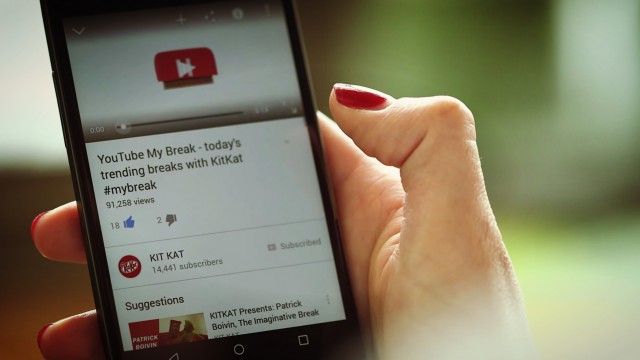
Sorry, Americans, there are no 'YouTube My Break' Kit Kats for you
YouTube and Kit Kat lovers across the pond have reason to gloat. Unless imported—and there is a legal settlement prohibiting such practice—"YouTube My Break" campaign chocolate bars will not be coming to these shores. Yesterday, Google and Nestlé announced the branding collaboration, which replaces the Kit Kat logo with "YouTube break" on 600,000 wrappers.
"Hershey does license the rights to Kit Kat in the U.S.," a company spokesperson tells BetaNews. "At this point in time Kit Kat U.S. is not participating". That's okay, because I look at the UK campaign and wonder: "Why now?" In 2013, Hershey joined the Nestlé-Google collaboration that put the green Android robot on Kit Kat bar wrappers when the mobile operating system of the same name shipped. That tie-in I understand.
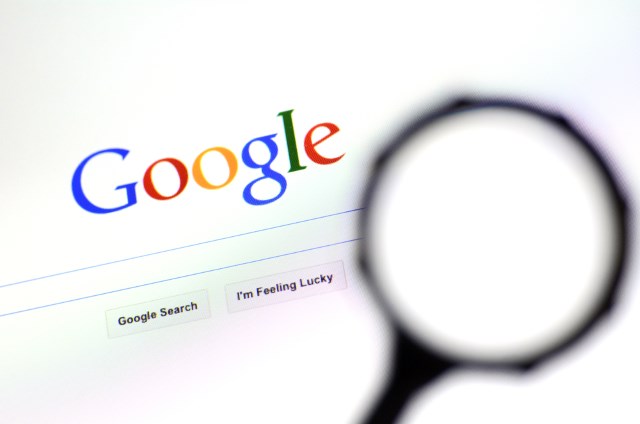
Google rejects most Right To Be Forgotten requests
One year ago, a European court ruled that Google should comply with requests from individuals to remove certain results from search results; it became known as the Right To Be Forgotten. Twelve months after the initial ruling, Google has published a new transparency report that shows it rejects more requests than it complies with.
The Right To Be Forgotten stemmed from a case brought by Spaniard Mario Costeja González who wanted Google to remove search results that pointed to online articles about his home being repossessed. There then followed an influx of requests after Google set up an online form to provide individuals with an easy way to get in touch.

Terminator Genisys: Revolution is the first Android app you can pre-register for
To be first in line to download a new app, you need to be quick off the mark. You might hear about a game or app weeks ahead of launch, and it's all too easy to miss the launch date. You might be wondering why it has taken Google so long to do something about it.
For Android users this is now a thing of the past thanks to the introduction of pre-registration. The first title in Google Play to offer this is Terminator Genisys: Revolution. You can now register your interest in the game and you'll be notified when it is released and is ready for download.
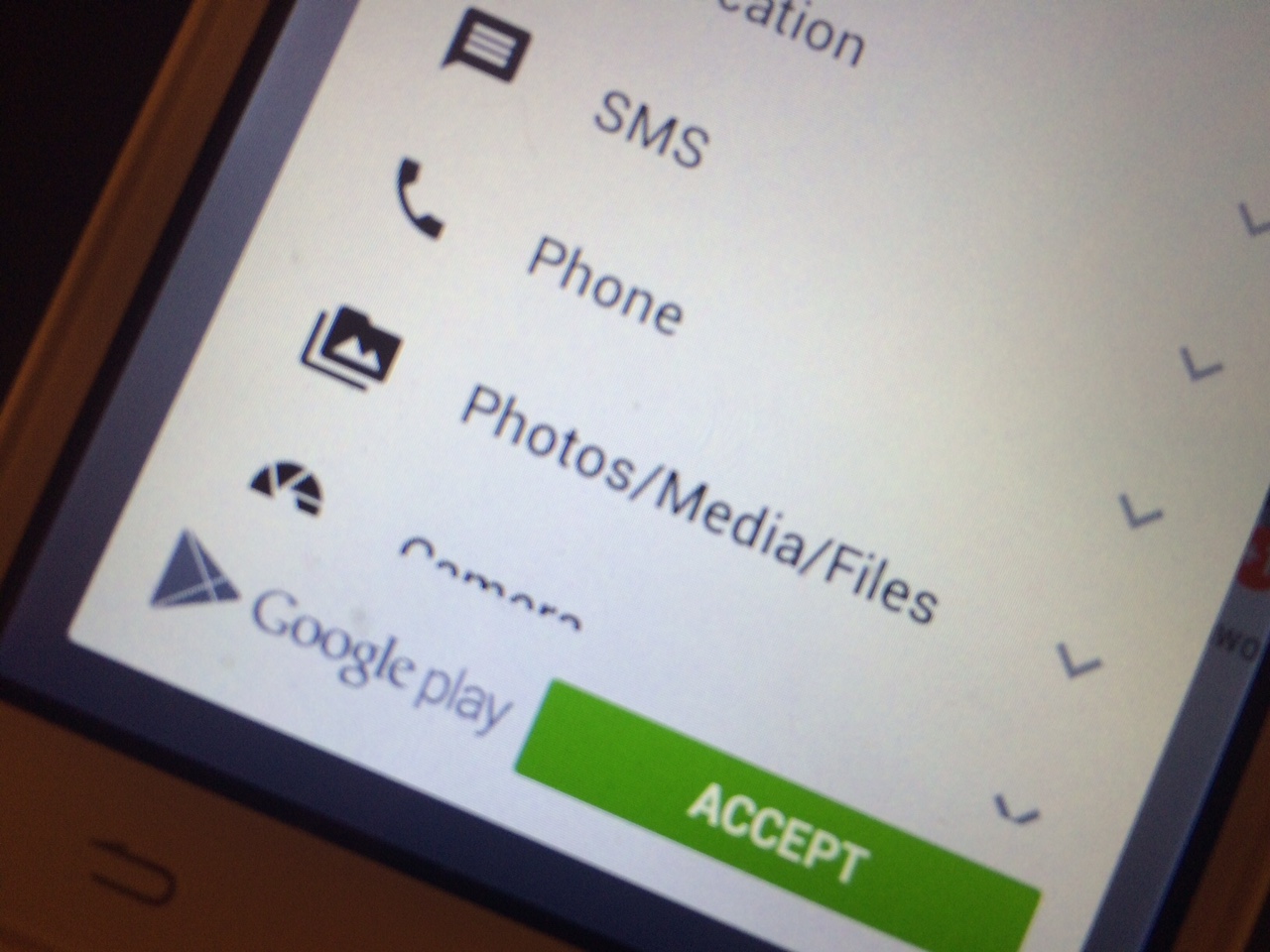
Google set to revamp Android app permission controls
When you install an app on iOS it will ask for permissions as and when required. In Android things are done differently, and you’re informed about what permissions are required from the off. This can be rather disconcerting, as some of the permissions requested can seem both scary, and unnecessary.
Usually, there’s a good reason why an app needs the permissions it does, although it may not always be obvious, and it’s all or nothing. If you don’t agree with the list of permissions the only option is not to install the app. You can’t simply block or revoke individual permissions, at least not without rooting your device first. However, that may be about to change soon.

More people now searching Google on mobile than desktop in some countries
Google has revealed it has more traffic on mobile in 10 countries for search, showing the large amount of growth in the past few years.
Even though desktop revenue still trumps mobile, Google is surging towards a mobile future. The most recent change to the search engine focused on pushing mobile friendly websites higher up the search rankings.
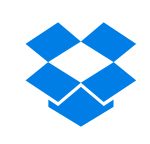
Dropbox arrives in your Gmail with improved features
Dropbox is one of the most popular services for storing and sharing files online. Combine that with Google's Gmail, a widely used email service, and you serve up a recipe for success. Or at least the storage service thinks and hopes so.
Dropbox is now arriving with improvements for that Gmail account you have, bringing easy storage sharing right to your desktop. This isn't entirely new -- an extension for Chrome has been available for a while now, but this update improves on things.

Android M to be revealed May 28 at Google I/O?
Countless Android users are still waiting for Lollipop to roll out to their handsets, but already there is talk of the successor -- Android M. Coming up at the end of this month, Google I/O is a developer conference hosted by the search giant in San Francisco and today the full schedule for the event appeared online.
An event on May 28 with the title Android for Work update is of particular interest as there is a strong hint that details of Android M will be revealed. Although it seems that Google may have let something slip a little early -- the session that refers to the next version of Android has since vanished from the schedule, but the description is interesting nonetheless.

My definition of 'modern' computing
Late yesterday I posted my review of Chromebook Pixel LS, which Google released in early March. The write-up is purposely rah-rah to impose the importance of embracing contextual cloud computing and to shakeup preconceptions about Macs being the tools of the creative elite. I also call "dumb" developers who may receive free Pixels during Google I/O later this month only to then sell them online.
One reader comment, from SmallSherm caught my attention, for accusing me of calling him (or her) stupid and for insulting other readers. After writing my response, I wondered how few people would ever see the interaction, which I regard as being quite valuable. So in the interest of fostering further discussion, I present our two comments for your Tuesday thought train.

Microsoft slams Android's update policy, announces 24x7 update plans for Windows 10 devices
Microsoft values its customers’ security, and it wants them to know that. The company announces its plans to frequently update Windows 10-powered desktops, laptops, phones, and tablets. At Ignite 2015 event, the company says that it will be pushing security updates every day instead of delivering them once a month.
Home users will be getting updates more often than ever, Windows chief Terry Myerson notes. Businesses, however, will remain sited on their monthly cycle -- popularly known as Patch Tuesday -- as the company plans to first test the update with home users and ensure that those codes aren’t breaking anything. Sounds reasonable.
Chromebook Pixel LS is nearly perfect [Review]
Mark the date with an alarm. Around May 28, 2015, sellers likely will fill eBay and Craigslist with spanking new Chromebook Pixels, available for bargain prices—if anything less than $999 or $1,299 could be considered a deal. Google's developer conference commences that day, when I expect many attendees will receive and quickly dispatch shiny, new laptops. Big G gave away the pricey Pixel two years ago, and it's good guess will do so again. Smart developers will keep the machines; many will not. Dumb move, but who am I to judge, eh? Pixel rests at the precipice of future computing, for those open-minded enough to welcome it. They are few.
If you are among those who get the Chromebook concept, who thinks about purchasing the laptop, but waffles indecision, watch for short-term selling prices that could meet what your sensibilities and spending budget can tolerate. It's good background for me to finally review the higher-end of the two costliest Chromebook configurations. My primer can help you decide whether or not to bother, either for full price now or for the chance of less later. Why wait? I wouldn't and didn't. I received my Pixel in March, on Friday the 13th, ordered two days earlier from Google. I use no other computer. It's more than my primary PC and could be yours, too.

Google buys Timeful to bring smart scheduling to Calendar and Inbox
The latest addition to Google's portfolio is Timeful, Inc. Previously a standalone app for iOS, Timeful is a tool for automatically managing a schedule, using "sophisticated algorithms to suggest the best times to schedule to-dos and habits throughout the day".
There are echoes of Google Now to Timeful, so it's easy to understand why Google was interested in the company. Moving forward we can expect to see the tool integrated into Inbox and Calendar to help with the automatic scheduling of events.
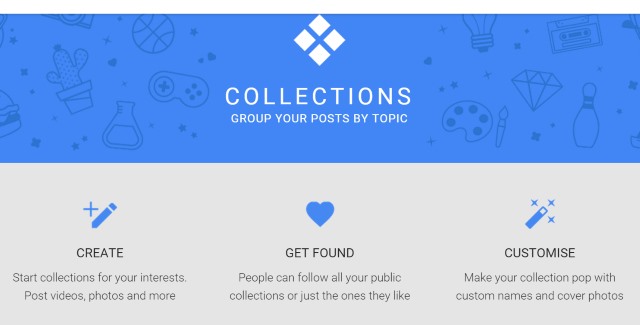
Google+ Collections lets users curate posts, Pinterest-style
Google+ is one of the more maligned social networks, but it's clear that Google is not going to give up on it any time soon; far from it. Today the search giant unveils a new feature that is more than a little inspired by Pinterest -- Collections.
The new feature lets users group posts together into collections. This is not just something that makes it easy to manage photos, videos and other content, but also provides a new way to create groups about any given topic. With the option of making collections public, private, or shared with a limited number of people, Collections feel like a natural extension to the way Google+ posts currently work.